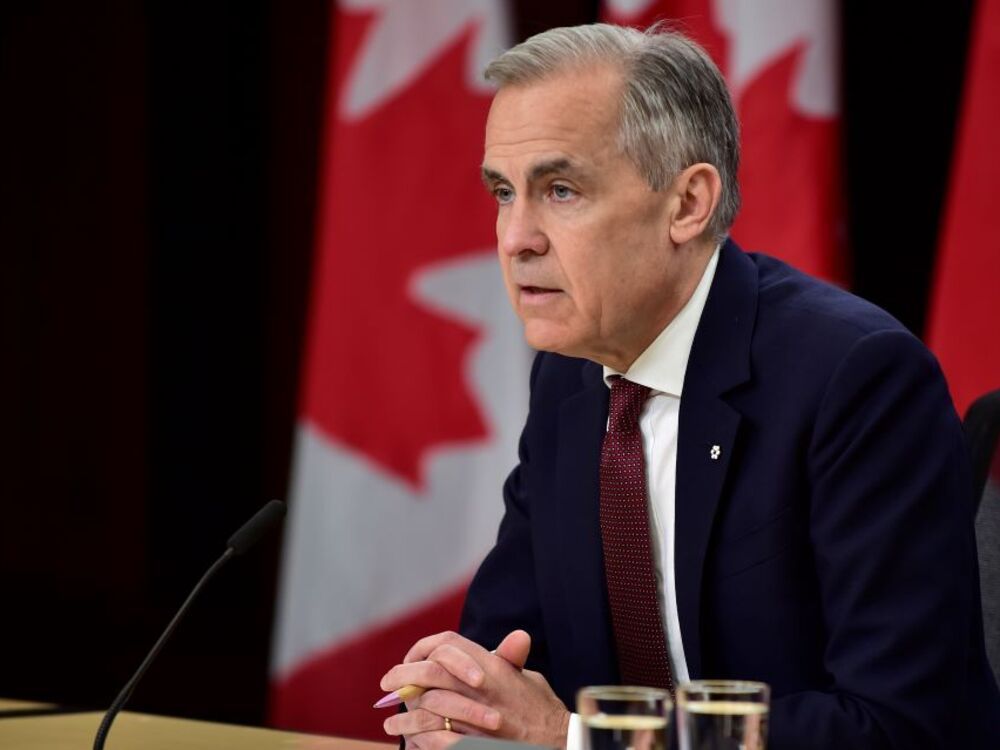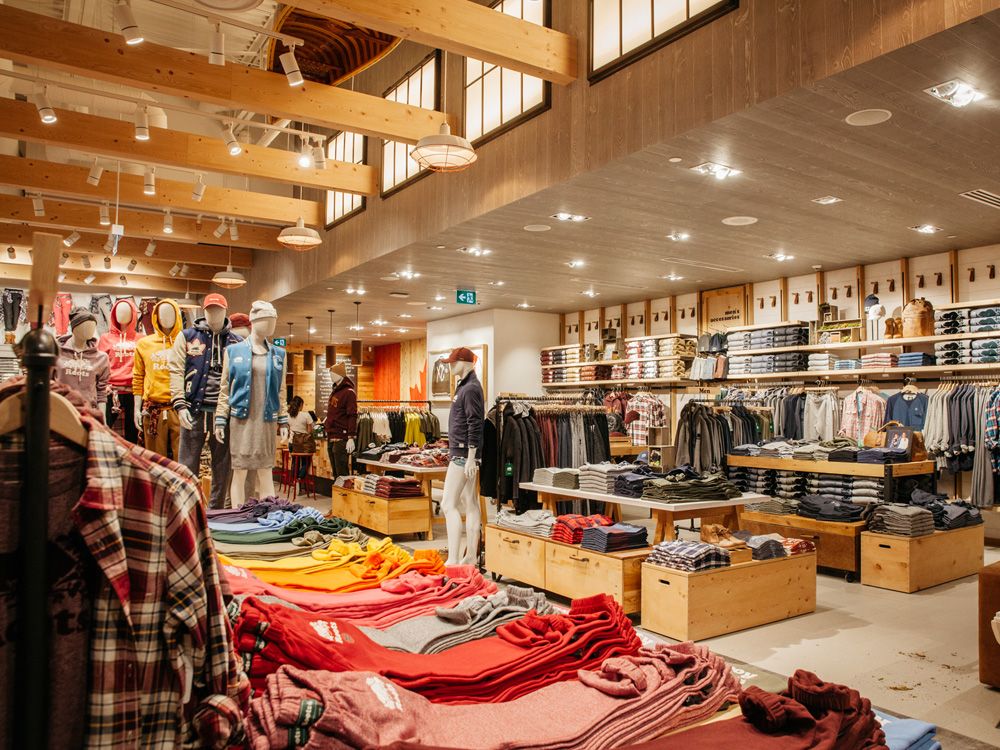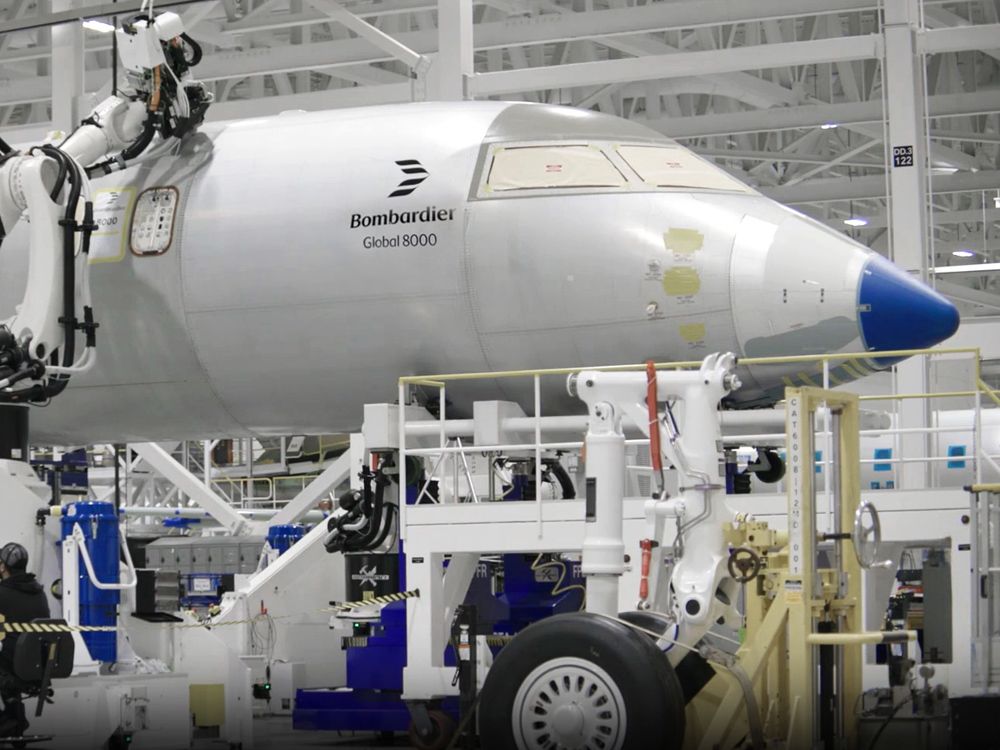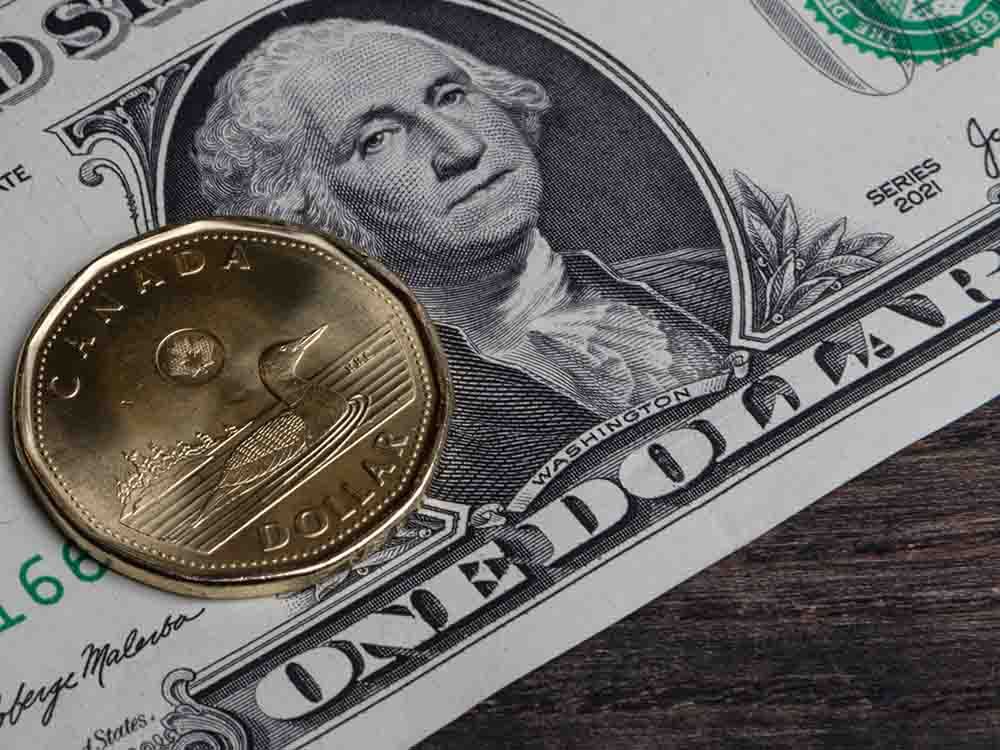When
Mark Carney
took the stage to deliver his federal election victory speech on Monday night, he reiterated a stark message that had become a refrain during the campaign.
Canada’s relationship with the United States was “over” as we know it, he said, and his main mission as prime minister would be to negotiate a new economic and security relationship with our powerhouse neighbour.
Those talks may begin in a preliminary fashion as Tuesday, when Carney is expected to visit the White House to meet in person with
U.S. President Donald Trump.
One of the big unknowns entering into those negotiations is the fate of the
Canada-United States-Mexico Agreement
(CUSMA), the trade pact that Trump himself launched to replace the 1993 North American Free Trade Agreement (NAFTA) during his first term in office.
Though Trump once hailed CUSMA as a groundbreaking achievement, he has run roughshod over it during his second term, introducing a barrage of tariffs on Canadian goods from steel to autos and raising numerous other complaints about his country’s trade relationship with Canada.
“I look at some of the deals made, and I say, ‘Who the hell made these deals, they’re so bad?’” Trump said in the Oval Office in early February, when he routinely accused Canada of taking advantage of the United States on trade.
Carney, for his part, has said that Trump’s trade transgressions may have “called into question the validity of (CUSMA),” raising the prospect that he might be considering starting any negotiation with the Americans from scratch.
Whether CUSMA can be saved — and what happens to trade between Canada and our North American partners if it fails — will have wide-ranging consequences for the
Canadian economy.
For some, the damage has already been done.
“The worst part of all this, is the death of the CUSMA,” said Flavio Volpe, president of the Automotive Parts Manufacturers’ Association, who lamented that Trump’s tariffs have unravelled an arrangement that had at the least brought stability to the
auto sector.
Volpe called Trump’s actions an “egregious rupture in trust” and likened the moment to a breakup between two partners.
“The partner that has been injured has to smarten up, and that’s us,” he said.
Lawrence Herman, an international trade lawyer and senior fellow at the
C.D. Howe Institute
, is another who sees Trump’s actions as a direct violation of the North American trade pact.
“The whole world order of trade has become shattered as the result of Trump’s aggressive policies, and he and the U.S. administration have broken the very fundamental underpinnings of the CUSMA,” he said. “It’s hard to know how the treaty — because it is a treaty — survives the Trump assault and the unilateral use of tariffs.”
U.S. wants CUSMA too
Despite the damage Trump has done, there are signs that U.S. does not want to dispense with CUSMA altogether. Those include backtracking on some of its trade threats and providing a carveout from blanket 25 per cent tariffs it had originally announced on Canada for CUSMA-compliant goods, something that has spared Canada from more severe economic damage and preserved at least in part the spirit of the deal.
If the U.S. is keen on keeping CUSMA as a starting point, a review that was originally slated for July 1, 2026, could begin almost immediately and involve the U.S.’s other trade grievances, real or imagined.
But Derek Burney, a former political strategist for the Mulroney and Harper governments and former Canadian ambassador to the U.S., warned that Canada should proceed with caution and not rush into a renegotiation with the Americans.
“I think we should be very cautious about entering into a renegotiation of an agreement that this president has violated in the most flagrant manner,” he said. “They say they want to talk to us about economic affairs and security. OK, let’s hear what they have to say and react accordingly.”
Burney said the best path forward for Canada would be to pursue legal challenges against the existing tariffs first.
In February, the federal government announced its intention to launch challenges to Trump’s measures through the
World Trade Organization
and CUSMA’s dispute mechanisms.
Trump has justified his use of tariffs under the use of the International Emergency Economic Powers Act (IEEPA), with the U.S. administration citing a fentanyl crisis at the Canadian and Mexican borders as reason for the use of executive action.
A dozen U.S. states, however, have filed lawsuits through the U.S. Court of International Trade in New York, arguing Trump bypassed the approval from the U.S. Congress. And in April, the U.S. Senate passed a resolution that challenges Trump’s national security justification for the tariffs against Canada, a measure that passed with with bipartisan support.
“A better tactic in the short term would be to litigate against the Americans, because the foundation they’re using to justify their tariffs are completely bogus,” Burney said.
While CUSMA may be on life support, some are more optimistic that it can be saved.
Shannon K. O’Neil, senior vice-president at the Council on Foreign Relations, a non-partisan think-tank specializing in international relations and U.S. Foreign Policy, said that the measures Trump unveiled on his so-called “Liberation Day” tariff announcement had a silver lining for Canada.
On April 2, Trump extended his trade ire to the entire world, slapping 10 per cent tariff on most of its trading partners and adding steeper tariffs on the European Union at 20 per cent and an additional 34 per cent on China.
But Canada and Mexico were spared from the sweeping reciprocal tariffs and remain the only two U.S. trade partners that have access to a full exemption, through CUSMA.
“I actually think the way the April 2 tariffs came down, is that CUSMA survives,” O’Neil said. “I do think the carve out for North American goods that are USMCA or CUSMA compliant, shows that there are still legs to that agreement.”
Mark Warner, principal council at MAAW Lau, said he too believes there is a window for Canada to renegotiate CUSMA.
“My guess is any negotiation we have will have to be based on some idea that we have a standstill,” he said, noting that Canada did not get hit by the April 2 announcement.
Warner said that such a renegotiation will require Canada to “grow up” and put forward real issues on the table.
He included Canada’s
digital services tax
(DST) and supply management system, which were both on the list of trade grievances published in a report from The United States Trade Representative in late March, as potential points of concession.
Supply management might need some concessions
Supply management — which coordinates production and demand for five Canadian farming products, including dairy, chicken and turkey products, table eggs and broiler hatching eggs — has long irked Canada’s trade partners.
Small concessions were made on supply management in three of Canada’s last trade deals, including CUSMA,
the Comprehensive and Progressive Agreement for Trans-Pacific Partnership
(CPTPP) and the Canada-European Union Comprehensive Economic and Trade Agreement (CETA), by providing a small share of market access for foreign competitors.
But New Zealand, France and the United States have continued to dispute Canada’s quota system and the lack of access to our agriculture sector. It was also the reason why free trade talks were paused with the United Kingdom in 2024, specifically over market access for British cheese.
During his remarks on April 2, Trump took aim at Canada’s dairy sector, claiming Canada imposes 250 per cent to 300 per cent tariffs on U.S. dairy products. But experts were quick to point out that these tariffs only go into effect once U.S. producers exceed a certain threshold of exports, which has never happened.
“Fundamentally, the Americans agreed in CUSMA to respect supply management, we gave them access to our market, it was a deal that was done,” said Herman. “For Trump to say they have been treated unfairly, is ridiculous.”
Carney, along with the other major party leaders, all committed to protecting the supply management system. In early April, he told journalists at Radio-Canada that supply management will never be on the table.
“If we’re all going to say we’re not doing anything on supply management — OK, fine,” said Warner. “So now you’re going to sit down at a negotiation, and you’re going to have the same negotiation you had with the French and the British and say you’re not going to do anything and then you’re going to say to Trump, ‘Yeah, but you have to stay in the agreement.’ It’s not a serious way of negotiating.”
Auto industry changes
Warner said if supply management is off the table, then Canada will have to give up something else of value, which may include improvements on rules of origin for autos.
Volpe said the rules of origin issue remains unresolved with the Americans.
Automotive rules of origin are the criteria used to determine whether a vehicle has undergone sufficient production in the CUSMA region, to get preferential tariff treatment.
When CUSMA negotiations were completed in 2018, the required North American value content went from 62 per cent to 75 per cent to be considered compliant and receive preferential trade treatment under CUSMA.
“The unfinished work by the first Trump administration was to say, we’re going to force more local content, which I was very supportive of,” said Volpe. “But the penalty for not being compliant was only 2.5 per cent.”
Volpe said there is a lack of incentive for Canadian automakers because the penalty is not steep enough.
“If it was 10 per cent, which is where the USTR was trying to go, you can bet everyone was going to be compliant,” said Volpe. “They didn’t finish that work, in part, that angst is what’s informing the current tariff threats on automotive.”
Another question that will likely loom over any renegotiation of CUSMA relates to Chinese access to North American markets.
Canada has already followed the U.S. lead in protecting the North American auto industry by imposing 100 per cent tariffs on Chinese-made electric vehicles, while also adding a 25 per cent surtax on Chinese steel and aluminum entering Canada.
O’Neil said the United States will likely seek assurances from Canada and Mexico on Chinese access to CUSMA
supply chains.
“I do think that will be part of the discussion, is to make sure that the perception and the reality that Chinese parts, or inputs or goods aren’t coming through CUSMA,” she said.
O’Neil said the potential ask by the Americans could be a monitoring system to ensure Canada’s exports to the United States don’t have significant Chinese parts in them.
“The way you do with autos where you have to prove the rules of origin of 75 per cent parts are North American, one could imagine that being expanded to other industries,” said O’Neil. “To be CUSMA compliant you have to do that broadly across lots of industries.”
Where Mexico fits
Where Mexico fits in is another questions. Carney said last month it’s his preference that Mexico remain at the table, despite speculation of a potential bilateral deal with the U.S.
“With challenging times ahead, Prime Minister Carney and President (Claudia) Sheinbaum emphasized the importance of safeguarding North American competitiveness while respecting the sovereignty of each nation,” said the readout of a phone call that took place between the two leaders on April 1.
Whatever form the talks with the U.S. take, Canada will not be without leverage.
Herman said Canada has many things that are important to the Americans, including energy, water, critical minerals, agriculture commodities and the expertise developed through an integrated automotive industry.
“Let’s not minimize our strengths, we come to the table with a lot of cards,” said Herman. “We have very skilled negotiators who know how to play those cards.”
Herman added that it will require some goodwill from the United States to get a deal done that is mutually beneficial, which has so far been absent from our American counterparts.
“That’s the challenge and it’s a real political one,” he said.
Peter Boehm, an Independent Senator who spent his diplomatic career at Global Affairs Canada, said there will be challenges in navigating a new kind of relationship with the U.S.
“It is the trust that characterized the old relationship, and I think that’s what (Carney) is really referring to (when he says the old relationship is over),” said Boehm. “The old way of doing things, going to the table — let’s be frank, let’s work things out — will be very difficult to achieve again even after Mr. Trump leaves the scene.”
Boehm said even if we succeed in getting the U.S. administration to drop the tariffs and work out a deal, Canada will have to remain focused on diversifying its trade elsewhere, something Carney has committed to achieving with more outreach with European trading partners.
“This some would argue is an opportunity to look for not necessarily the grand bargain with the United States, but a bargain that is large,” said Boehm. “And at the same time, we are then diversifying around the world and being less dependent on the U.S.”
Burney said Canada has to make sure the Americans know how much they stand to lose if the deal falls apart.
“The problem is Americans don’t know the relationship the way Canadians do, they’re not aware of how beneficial it is,” he said. “We have to remind them of that at every opportunity.”
• Email: jgowling@postmedia.com
Bookmark our website and support our journalism: Don’t miss the business news you need to know — add financialpost.com to your bookmarks and sign up for our newsletters here.
As Carney prepares to engage with Trump, fate of CUSMA hangs in the balance
2025-05-02 16:01:51





